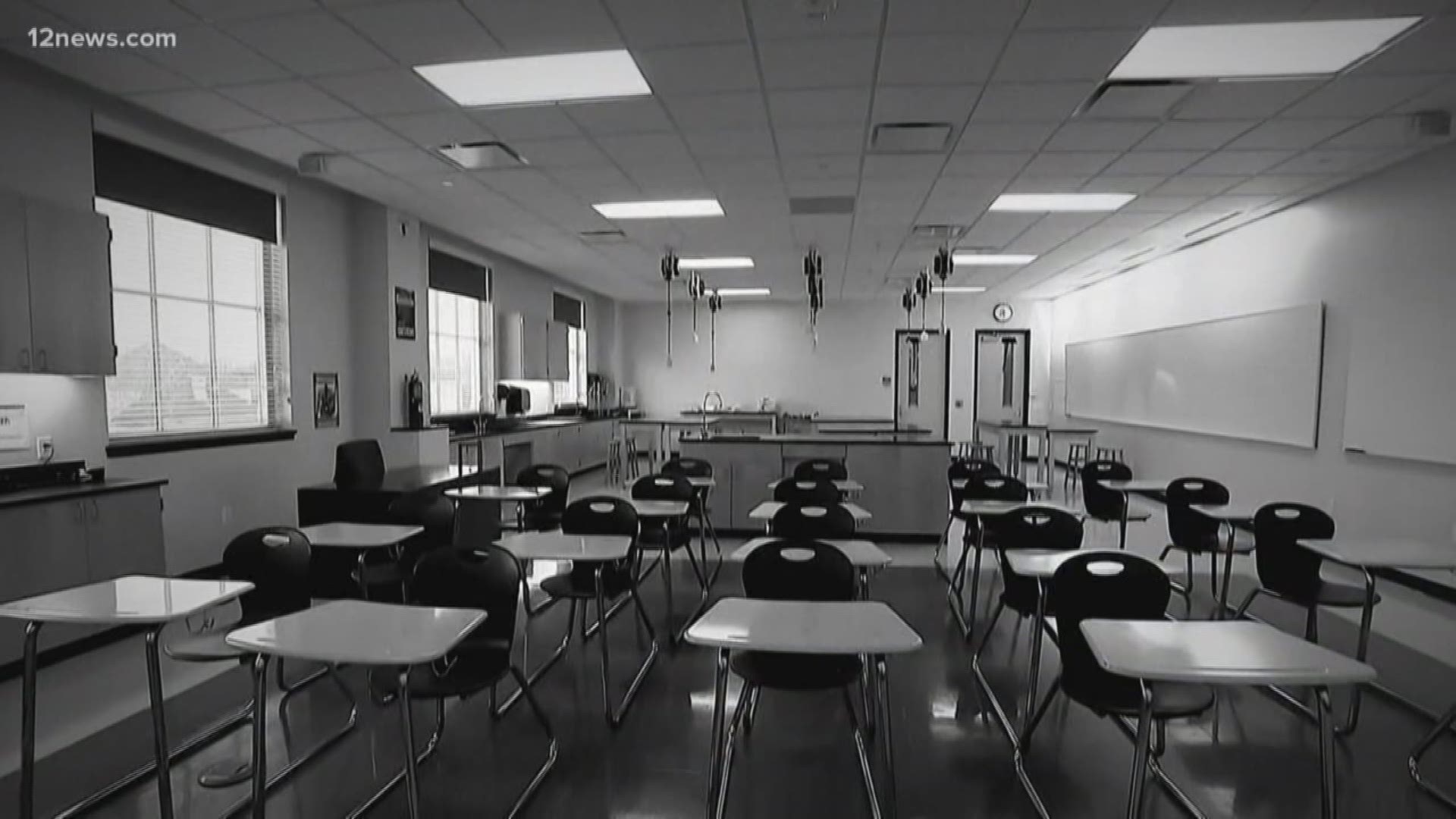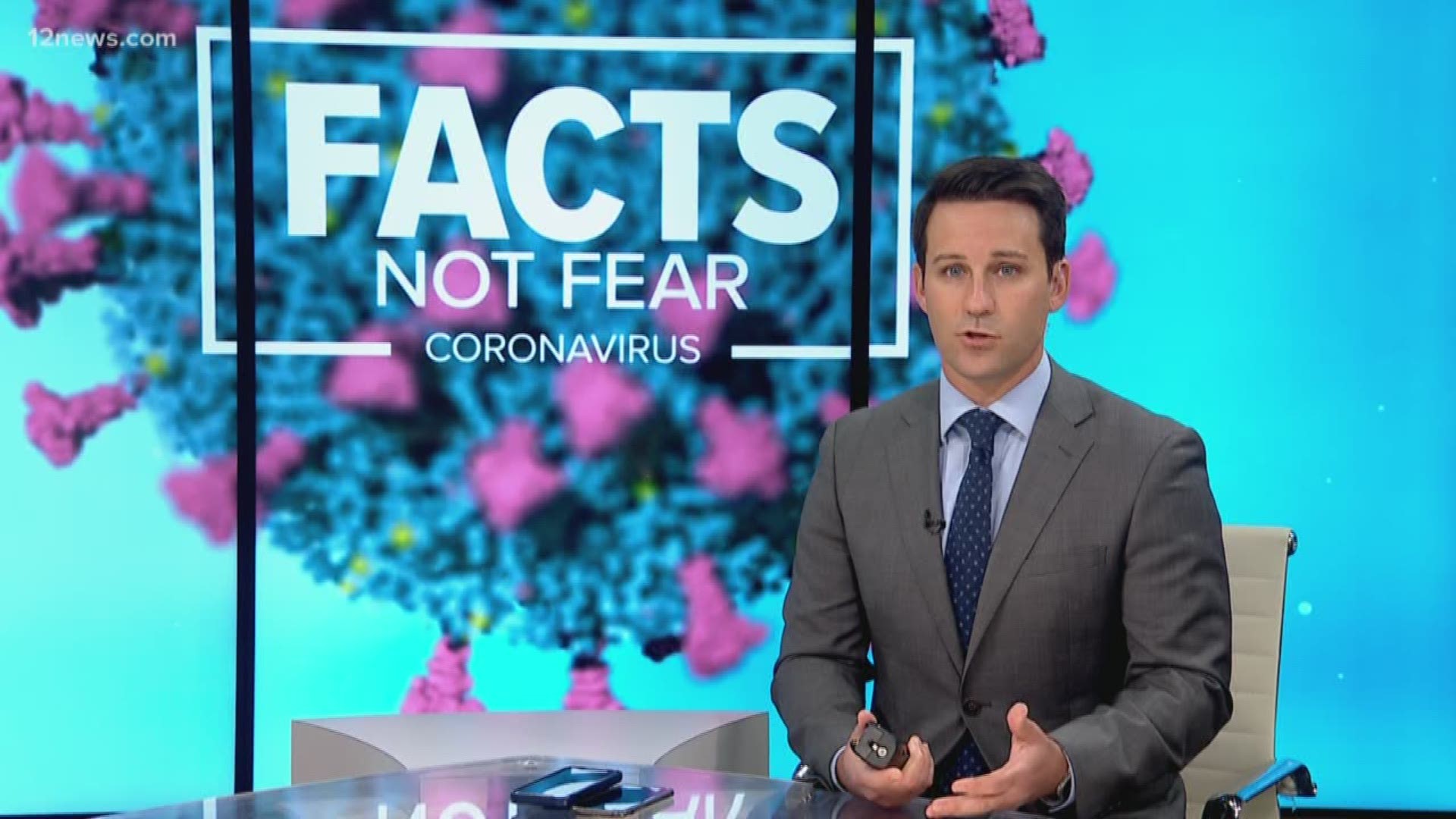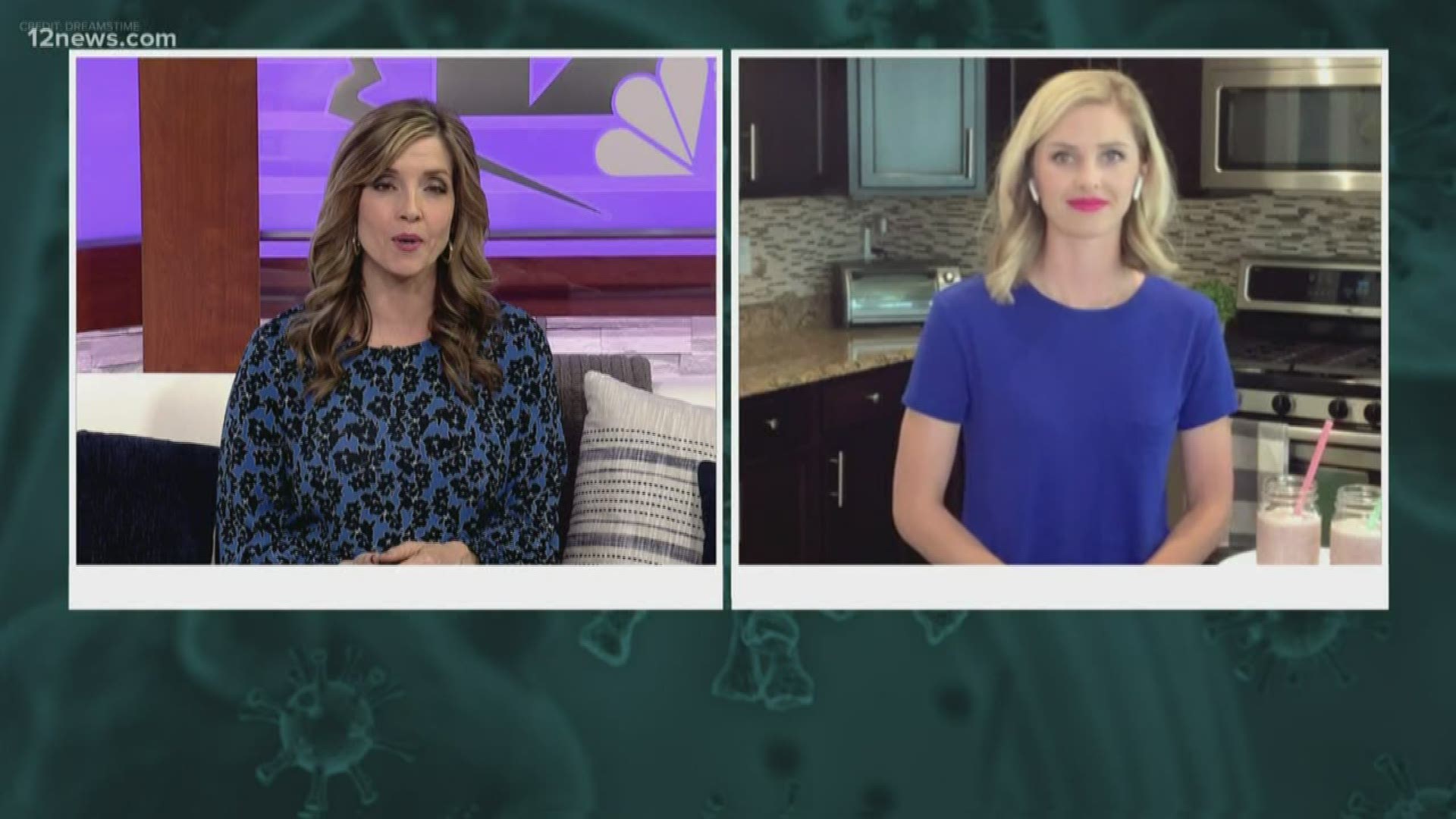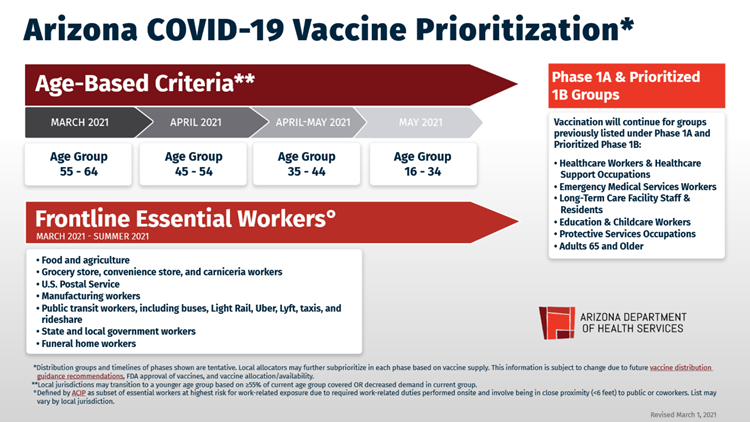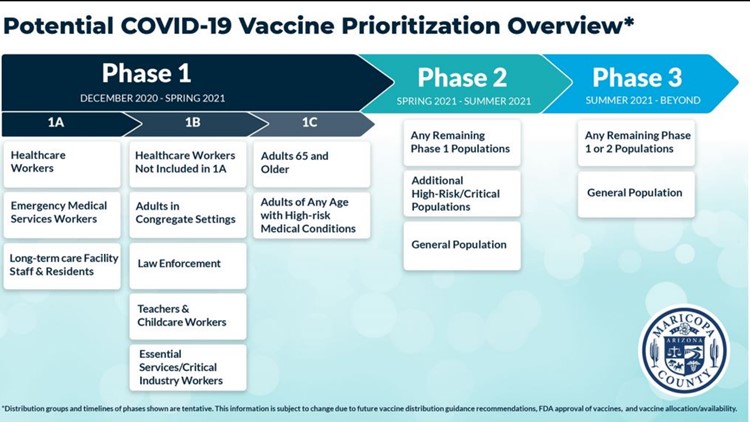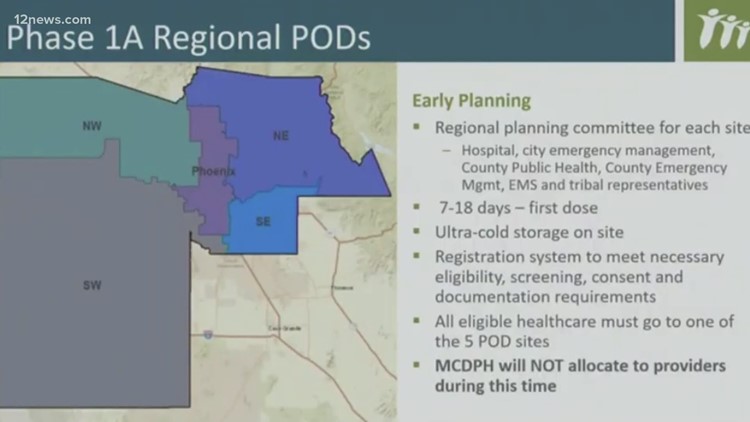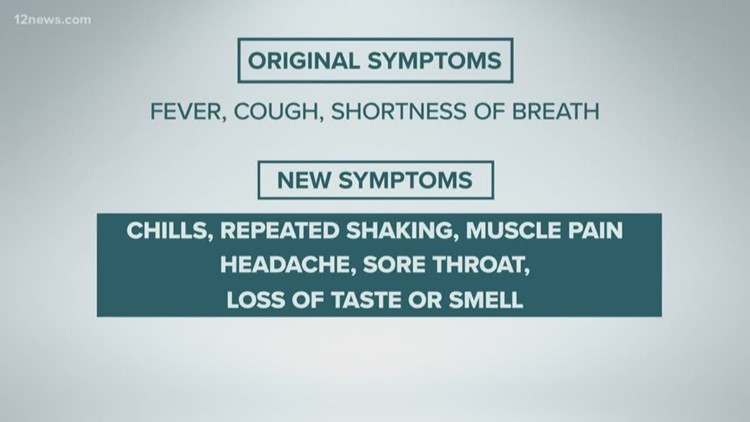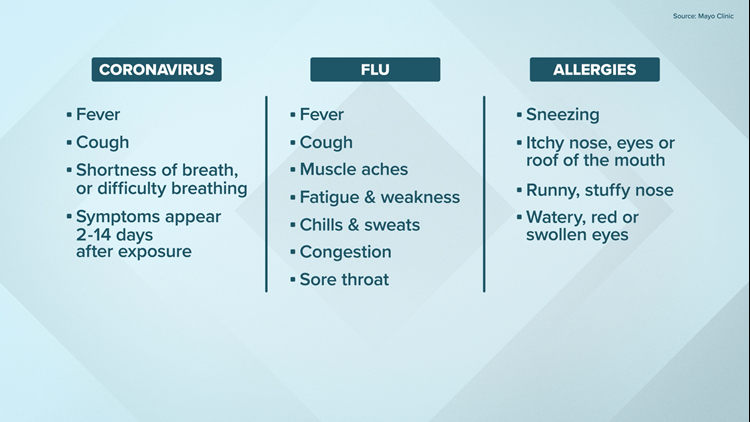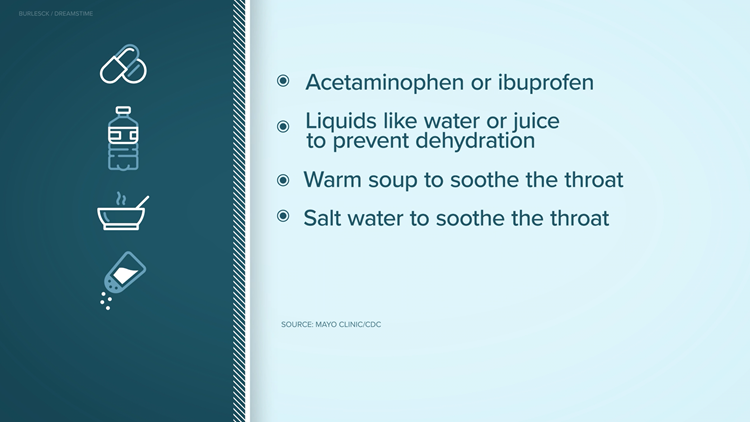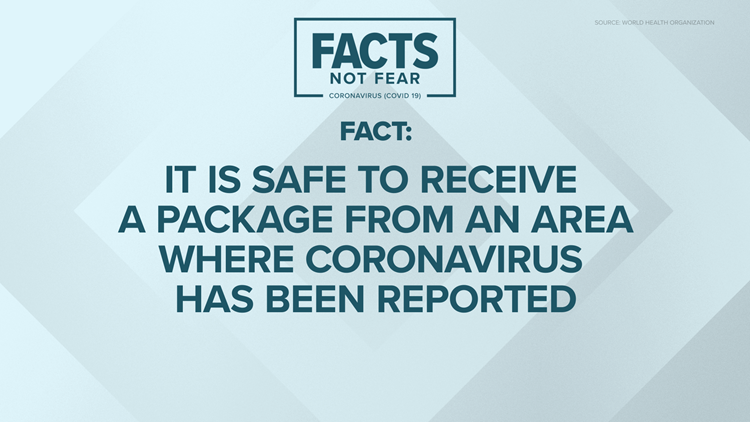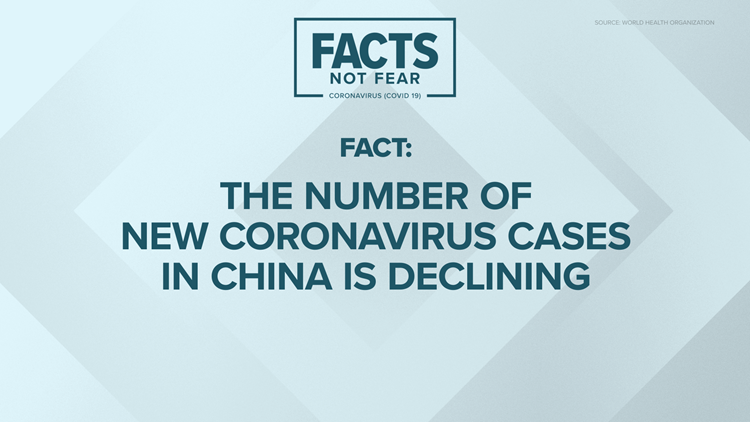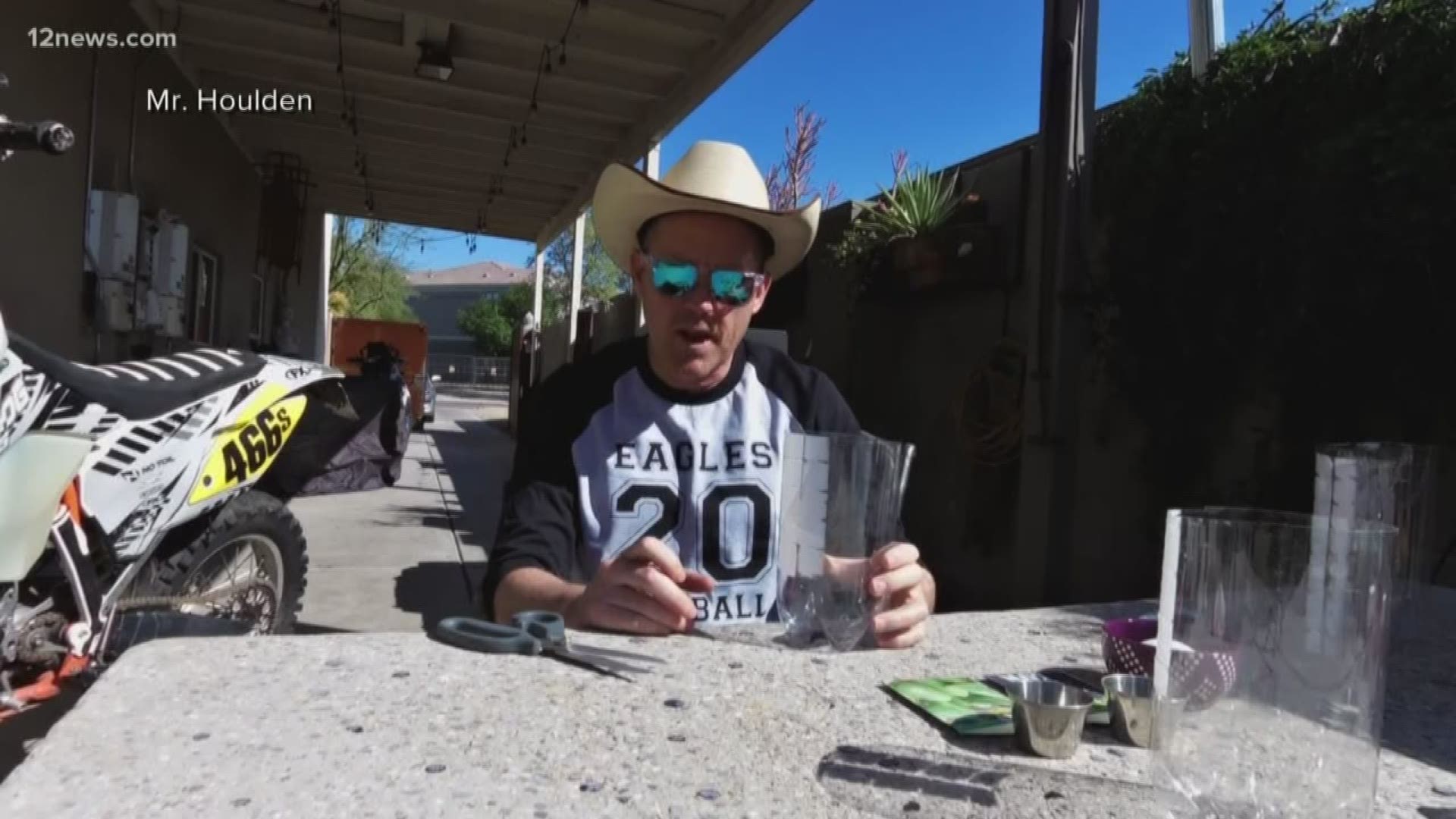ARIZONA, USA —
-Here is everything you need to know about the coronavirus outbreak in Arizona on March 30
-Here are the latest national updates with the coronavirus.
-Here is how you can get tested for the coronavirus.
Gov. Doug Ducey announced Monday that schools would be closed through the remainder of the school year due to the coronavirus outbreak that is spreading throughout Arizona.
The governor made the decision with school Superintendent Kathy Hoffman, saying in a statement that the announcement is "intended to give parents and educators as much certainty as possible so they can plan and make decisions."
The governor initially announced that schools would be closed through April 10.
"While this isn’t the outcome any of us wanted, we are grateful for the partnership of schools around the state, who have stepped up to offer virtual and take-home learning opportunities for our students," the statement read.
"These efforts are crucial, and we recognize that schools are making every effort possible to continue providing instruction during closures. We also thank our legislative partners for passing legislation ensuring all educators and staff see no disruption in pay," the statement continued.
"Our number one priority will continue to be health and safety, and we will continue to work closely with public health officials to make the best decisions for kids, families, and our school communities.”
A typical school year in Arizona usually runs from August-May, with some variation.
The original decision to close schools, in response to the spread of the coronavirus, created uncertainties for the families of Arizona’s more than 1 million schoolchildren.
Monday's announcement applied to Arizona public schools, both district and charter. Private schools were required to remain closed in alignment with federal guidance recommending closures through at least April 30.
Ducey and Hoffman, who oversees policy and programming for K-12 schools, said the children’s health and safety was their top priority.
Dr. Cara Christ, the state’s top public health official, originally told Arizona school leaders that she was not recommending that schools close.
But schools didn't listen. There had been a stampede of school districts shutting their doors in recent weeks.
Ducey's state of emergency declaration gave him the power to close the schools.
The decision raises a series of questions that Ducey and Hoffman try to answer:
School lunches: Many Arizona schoolchildren get breakfast or lunch at school through federal programs.
“Efforts are underway to ensure that any child has access to meals while schools are closed. We have also worked with USDA to allow schools to begin summer foodservice operations and provide boxed meals as needed. Your local school will have more information about how and where to access meals.”
Caring for children: The governor announced a plan to compensate the Boys & Girls Clubs Arizona Alliance to children affected by the school closures.
“We understand many parents have questions about childcare options. It is the recommendation of public health officials that kids who are not at school remain at home to the greatest extent possible. For families for whom that’s not an option, we are coordinating with partners in the non-profit, faith-based and education communities to make available childcare options to families who need it.”
The governor announced a plan to compensate the Boys & Girls Clubs Arizona Alliance to care for children affected by the school closures.
Teacher and staff pay: “We’re working together to make sure you don’t see any disruption to your pay. We’ll also be consulting with our district and legislative partners to determine the extent of any potential makeup days.”
COVID-19 is believed to be primarily spread through coughs or sneezes.
It may be possible for the virus to spread by touching a surface or object with the virus and then a person touching their mouth, nose or eyes, but this is not thought to be the main method of spread, the CDC says.
You should consult your doctor if you traveled to an area currently affected by COVID-19 and feel sick with fever, cough or difficulty breathing.
There is no vaccine for the coronavirus, so the best way to prevent COVID-19 and other respiratory diseases is to:
- Avoid close contact with people who are sick.
- Avoid touching your eyes, nose, and mouth.
- Stay home when you are sick.
- Cover your cough or sneeze with a tissue, then throw the tissue in the trash.
- Clean and disinfect frequently-touched objects and surfaces using a regular household cleaning spray or wipe.
- Wash your hands often with soap and water for at least 20 seconds. If soap and water are not readily available, use an alcohol-based hand sanitizer.
You can text FACTS to 602-444-1212 to receive more information on the coronavirus and to ask questions.

